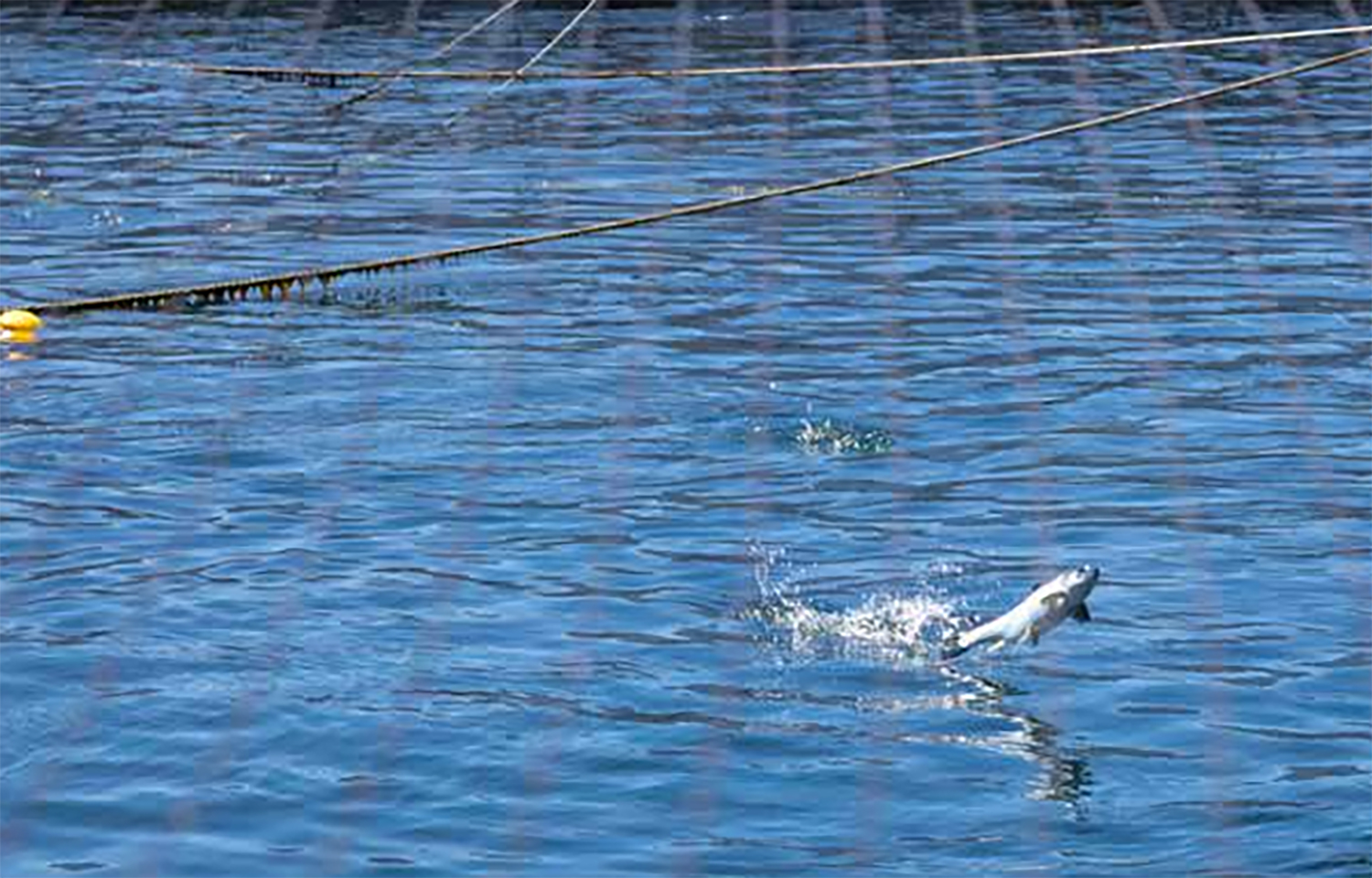Santiago, Chile-based salmon-farming firm Salmones Camanchaca closed the first quarter of 2024 with a net loss of USD 1.3 million (EUR 1.2 million), compared to a net profit of USD 7.9 million (EUR 7.3 million) posted in the same period a year ago, as increased costs coupled with weak demand.
The company's Q1 2024 top-line revenues inched up 3 percent to USD 117 million (EUR 108 million) for Camanchaca, compared to the USD 114 million (EUR 105 million) brought in in Q1 2023, due to higher sales volumes of Atlantic and coho salmon.
However, during the quarter, the average price of Atlantic salmon fell by 13 percent year over year to USD 6.76 (EUR 6.22) per kilogram whole-fish equivalent (WFE), while coho fell 27 percent to USD 4.75 (EUR 4.37) per kilo WFE.
Simultaneously, Atlantic salmon live weight costs came in at USD 4.91 (EUR 4.52) per kilo, marking a USD 0.64 (EUR 0.59) spike when compared to the same quarter of 2023. Other costs that racked up for the company in the quarter included mitigation measures it took to prevent algal blooms and correct oxygen levels, treatment of a sea lice outbreak at one of its farm, inflation, and other operational expenditures.
The cost of feed and smolts remained unchanged, Salmones Camanchaca said.
These lower prices and cost pressures led Camanchaca’s Q1 2024 EBITDA to fall to USD 4.3 million (EUR 4 million), compared to USD 25.4 million (EUR 23.4 million) recorded in Q1 2023.
Its total Q1 Atlantic salmon harvest decreased 11 percent year over year to 9,911 metric tons (MT) WFE, and coho harvests were down 54 percent to 1,139 MT WFE.
Salmones Camanchaca Vice Chairman Ricardo García said the drop in demand and prices were unusual and the cost increases extraordinary. He also took the opportunity to decry regulatory uncertainty affecting Chile’s salmon industry.
“The regulatory evolution has been placing obstacles and additional costs to the point of suffocating development. As a country, the bad thing about this latest trend is that it does not go along the lines of seeking sustainable aquaculture development but, rather, hinders it,” he said in a release.








